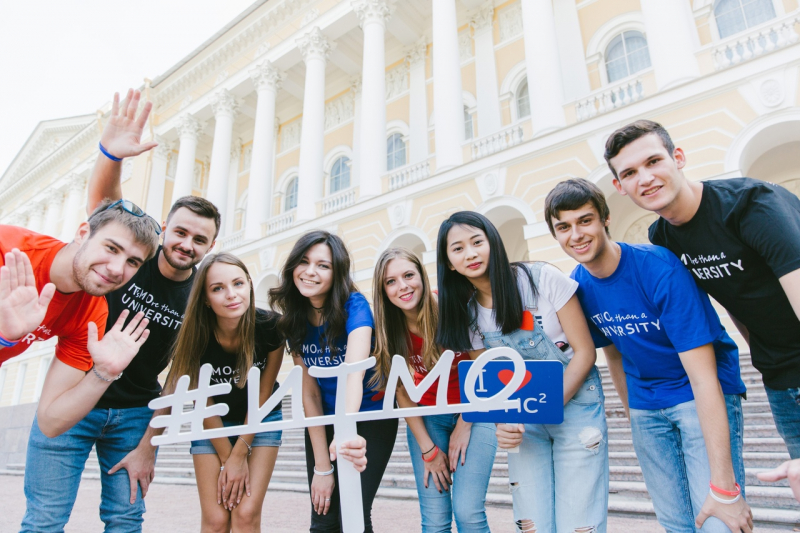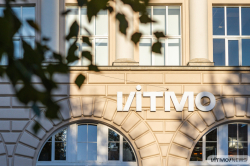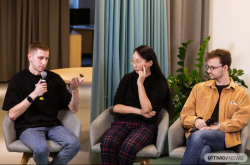The one and only new PhD program
AI as a concept has been hyped up for the past decades. It offers a wide arena for creativity: films are shot, books are written, and theses are defended on this captivating topic. But despite this popularity, until recently there hadn’t been a special program that would offer degrees in AI specifically. That is due to the fact that the field of AI actually brings together several disciplines, changing them as it evolves. That’s why previously PhD and DSc degrees were awarded in connected fields. However, modern technologies and AI-based solutions require a synergy of all these constituent disciplines.
“That’s why the new program in Artificial Intelligence and Machine Learning does not only aggregate, but also focuses on each of the disciplines that are crucial for the efficient development of modern AI,” comments Alexander Boukhanovsky.
A PhD program is not the same thing as the field you are awarded your PhD in. The program only determines the contents of your studies, while the field reflects the results of your PhD research. In this sense, ITMO University’s program is unique, because other universities only offer PhD programs where they teach AI, while the degree is awarded in another field.
From classics to current trends: possibilities at the new program
Natural language processing, computer vision, and intelligent decision support systems have already become traditional applications of AI, while the so-called promising methods of AI are the current trend. They include, for instance, automated machine learning, generative design of digital and physical objects, as well as models trained on small datasets and in highly unpredictable environments. Trusted and composite AI are also being studied.
“We also pay attention to field-specific AI applications, such as AI used in healthcare, industry, education, and finance,” adds Alexander Boukhanovsky. “Nevertheless, the program itself includes quite a wide range of subjects.”
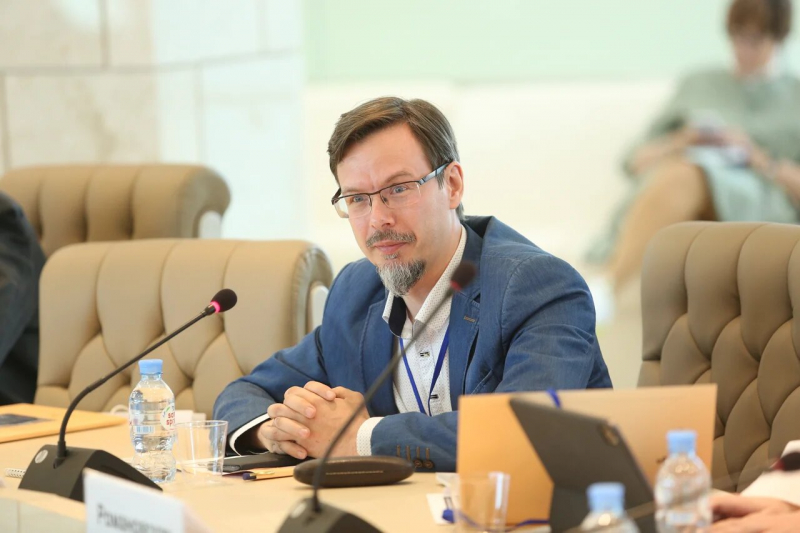
Alexander Boukhanovsky
Acquiring knowledge is a major part of education. Yet ITMO’s programs are so much more than just a simple educational resource, they are special platforms for generating new knowledge.
“This is intensive case-based training that results in qualitative change – new experiences and approaches to addressing certain problems. As gamers say, characters “level-up”. With so few AI specialists available on the market, their quality is not always determined by their work experience alone. That’s why a PhD degree is yet another proof of their development as specialists,” notes Alexander Boukhanovsky.
Admission and entrance exams
ITMO University offers an easy and convenient admission process. All stages – from application submission to exams and enrollment – are performed entirely online. Thanks to this policy, ITMO attracts more international students from all over the world.
“If you’d like to enroll in ITMO’s PhD programs, you need to register on the website of the ITMO Admissions Campaign and fill out your personal details. Then, the system will automatically generate a set of all documents needed for enrolment,” explains Maria Skvortsova.
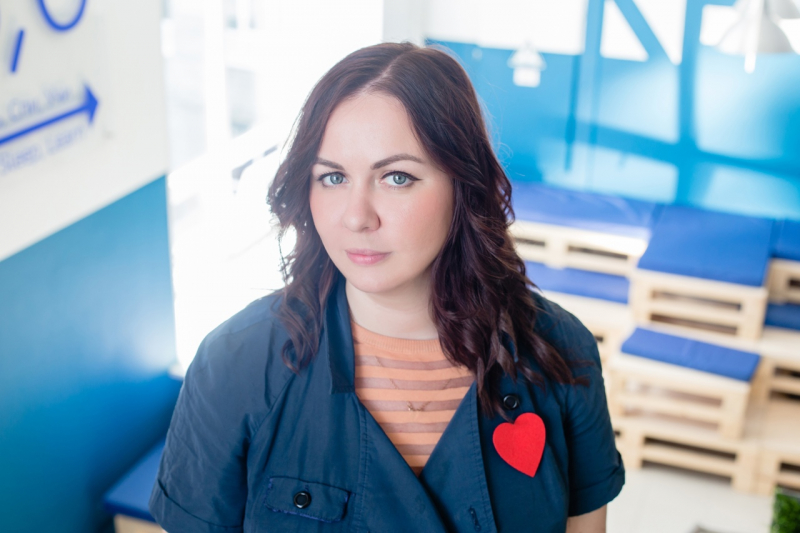
Maria Skvortsova
All applicants are required to take two entrance exams in a language other than Russian and specialized disciplines. In determining the foreign language, students can choose English, German or French. A certificate of language proficiency allows students to skip the foreign language exam.
Specialized exams include two questions. The first question measures the breadth of students' knowledge in mathematics: linear algebra, probability theory, and optimization. While the second one concerns machine learning as AI specialists must know what neural networks are and how they differ from linear regression. Students’ programming skills will be tested, too. Knowledge of Python and R (the priority languages) may also help them pass the exam.
“Applicants can also score maximum points for exams based on their individual achievements: for instance, certificates of the winners of national student competitions such as the I am a Professional contest,” adds Maria Skvortsova.
